Timeline: Lebanon conflict
Timeline of events in Lebanon:

August 19
Israel continues to withdraw from southern Lebanon as the Lebanese army moves deeper into territory formerly run by Hezbollah.
Overnight, Israel launches a long-distance commando raid on the Bekaa valley to target Hezbollah members suspected of smuggling weapons into Lebanon from Syria.
One Israeli soldier is killed in the raid and Israel claims to kill three Hezbollah fighters.
The raid draws condemnation from the UN on Saturday which warns that the ceasefire remains fragile.
The first contingent of a proposed 15,000-strong UN force – 50 French engineers – arrives in Lebanon.
August 18
Lebanon’s army reaches the Israeli border as Israel continues to withdraw its troops from southern Lebanon.
Plans to send an international peacekeeping force to southern Lebanon are dealt a blow when France and Germany reverse earlier pledges to send thousands of ground troops to the region.
- Paris and Berlin defend modest troop offers
- Lebanese army reaches Israeli border
- South Lebanon buries war victims
August 17
Israel begins pulling back its troops and by the end of the day says that it has evacuated more than half the area that it held at the further extent of its offensive.
Saad al-Hariri, head of the largest Lebanese bloc, The Future, and son of the assassinated former prime minister, Rafiq al-Hariri, says that Syria is worse than Israel.
Massive numbers of Lebanese return to their homes in the south of the country.
August 16
The Lebanese government, which includes two Hezbollah ministers, orders the army to move south in line with the UN resolution.
France says it is willing to lead a UN force providing that it is given a clear mandate and that enough other countries are willing to contribute troops.
Turkey, Indonesia and Malaysia have also agreed to contribute troops. The UK says that its troops are unlikely to join the planned 15,000 strong force.
Lebanese civilians begin returning to their homes. Hezbollah says it will help rebuild devastated areas of southern Lebanon and Beirut.
August 15
The Syrian president says resistance against Israel is necessary because the world will not consider Arab interests “unless we are strong”. He praises Lebanon’s Hezbollah for fighting off Israel for nearly five weeks and says their actions would make Israel think twice before pursuing “terrorist policies” in the region.
Israel warns Lebanese not to return to their homes in the south until Lebanon’s army and an international peacekeeping force arrive in the area.
Despite the warning, Thousands of vehicles jam the bombed-out coastal highway linking Beirut to the south as thousands of displaced people head home.
Israeli forces pull back from the town of Marjayoun in southern Lebanon and nearby areas.
Israeli military officials say they hope to complete their withdrawal of forces by next week.
Ehud Olmert, the Israeli prime minister, faces growing criticism at home over his handling of the Lebanon crisis. Opposition politicians say the conflict was mismanaged.
- Syria: Resistance shows Arab strength
- Israel warns Lebanese not to return
- Olmert faces Lebanon backlash
August 14
Some of the fiercest fighting of the month-long conflict takes place in the final hours running up to the UN ceasefire coming into effect.
At 0500 GMT guns fall silent, although with isolated incidents reported across southern Lebanon.
Refugees begin to return home – some not knowing if they have homes to return to. Unexploded Israeli ordnance remains a major hazard.
Israel says it will retain its blockade of Lebanon until “until a mechanism is put in place to control smuggling of arms [to Hezbollah].”
August 13
The prime ministers of Israel and Lebanon agree to a cessation of hostilities beginning at 0500 GMT on Monday.
The Israeli cabinet approves a UN resolution calling for a halt to the month-old war in Lebanon.
Israeli warplanes launched a series of strikes on Beirut’s southern suburbs, destroying 11 residential buildings and killing at least two people, witnesses and security sources said.
In total, 17 civilians and four soldiers are killed in Lebanon on Sunday, police said, as Israel continued its bombardment of the country.
Meanwhile, Israel has asked the US government to speed up delivery of short-range anti-personnel rockets armed with cluster munitions, which it could use to strike Hezbollah missile sites in Lebanon.
- Israel approves UN ceasefire deal
- Palestinians see Nasrallah as new hero
- Red Cross: Civilian deaths unacceptable
- Hezbollah downs Israeli helicopter
August 12
Hezbollah says it will abide by a UN-backed ceasefire and Israel says it plans to halt offensive operations on August 14, but both sides issued caveats to their acceptance of a UN resolution to end the fighting.
Israeli forces make their deepest push into Lebanon since July 12, with some troops reaching the Litani River, about 20km north of the border between Israel and Lebanon.
Hezbollah continues to fire rockets into northern Israel on Saturday and clash with Israeli troops, killing at least seven and wounding 70.
Politicians in the Middle East express confidence that a UN Security Council resolution can bring an end to the Lebanon conflict.
- Israel, Hezbollah issue caveats on deal
- Middle East leaders support resolution
- UN urges immediate ceasefire
August 11
Israel rejects a 72-hour truce proposed by Russia and bombs parts of southern Beirut and southern Lebanon.
A UN contingent is dispatched to provide a convoy to remove approximately 350 Lebanese soldiers held in their barracks by Israeli soldiers in Marjayoun.
At least 26 people are killed by Israeli attacks, including 11 people on a bridge in the north of the country and seven killed when a drone fired rockets on a convoy of cars leaving the south.
Hezbollah resumed its volley of rockets, hitting Haifa and wounding at least two.
Israel drops anti-Hezbollah leaflets on the southern suburbs of Beirut.
- UN agrees on Lebanon draft
- Israeli ground offensive in Lebanon
- ‘Civil resistance’ convoy for Lebanon
- Israel asks US for new missiles
August 10
Israeli warplanes targeted an historic lighthouse in western Beirut – the first strike on Beirut proper since Hezbollah warned that rockets would be fired at Tel Aviv if the capital was hit.
Vehicles and roads in the Bekaa valley were also targeted killing at least one person. Israel dropped leaflets in the north threatening to attack trucks on the coastal road which leads to Syria.
Two people, including a toddler, were killed when a Hezbollah rocket hit a house in the Israeli-Arab village of Deir al-Assad.
In the south, Israeli troops faced heavy resistance as they took control of the strategically important Christian town of Marjayoun.
The UN humanitarian relief coordinator has criticised both sides for not stopping fighting for long enough to allow aid to reach 120,000 civilians who need help in southern Lebanon.
August 9
Fighting continues in southern Lebanon, with the Israeli army confirming that 15 soldiers were killed in clashes with Hezbollah.
Israeli fighter jets continue to strike targets in the north, east and centre of Lebanon, leaving at least one person dead.
Israel announced that it was expanding its ground offensive in Lebanon, pushing troops up to 20km over the border.
Hassan Nasrallah, the secretary-general of Hezbollah, said his group rejected a proposed UN resolution to end the conflict but backed a Lebanese government proposal to send troops to the south of the country.
August 8
The Arab League accuses the UN of doing nothing to solve the crisis, saying that the conflict will sow “the seeds of hatred and extremism across the Middle East”.
At least 19 people are killed during Israeli air strikes with 13 killed in two raids on the town of Ghaziyeh, near Sidon.
Four Israeli soldiers are killed during clashes with Hezbollah and the group continues to fire rockets at civilian areas of northern Israel.
Israeli military officials announce that the Israeli army is now holding land up to 8km inside Lebanon.
August 7
The Lebanese government says it will send 15,000 troops to the south when Israeli troops begin to withdraw from the area.
Israeli attacks against villages in southern and eastern Lebanon claim about 60 lives in 24 hours.
A UN Security Council vote on resolution to end conflict is delayed.
Israeli army says three of its soldiers killed in battles in south Lebanon and Hezbollah fires more rockets into northern Israel, wounding one person.
Fouad Siniora, the Lebanese prime minister, demands “quick and decisive ceasefire” and calls for immediate withdrawal of Israeli troops from south Lebanon.
Lebanon’s health minister says the Israeli offensive has killed 925 people, mostly civilians, and left 75 missing and presumed dead, not including Monday’s casualties. Ninety-seven Israelis have been killed.
- Lebanon to send 15,000 troops south
- Israeli strikes kill scores in Lebanon
- Siniora in emotional plea for truce
- Agency forced to deliver aid by hand
- Israeli reservists caught ‘unprepared’
August 6
Israel continues its ground and air offensive in Lebanon, launching a series of attacks that kills 13 people.
 |
|
Fouad Siniora calls for a ‘quick |
At least 15 people are killed by Hezbollah’s deadliest wave of rocket attacks on Israel since fighting began on July 12.
Israel says it will keep attacking Hezbollah until an international force arrives to take over in southern Lebanon.
Condoleezza Rice, the US secretary of state, says that there will be violence in the Middle East “for some time to come” even after the adoption of a UN resolution aimed at ending the conflict.
And Ehud Olmert, the Israeli prime minister, in an interview with a German newspaper, tells European leaders to stop preaching to him about civilian war casualties.
- Hezbollah in deadly rocket attack
- Rice: Lebanon violence to continue
- Olmert to Europe: Stop ‘preaching’
August 5
Lebanon rejects a draft UN resolution proposed by the US and France that calls for “full cessation of hostilities” between Israel and Hezbollah, saying it did not adequately address Lebanese concerns.
An Israeli minister says time is running out for Israel’s military campaign in Lebanon, following the completion of the draft UN resolution.
Hezbollah rockets kill three people in northern Israel and wound five, police and medics say.
Israel warns residents of Sidon to evacuate south Lebanon’s biggest city.
Helicopter-borne Israeli naval commandos attack Hezbollah fighters near the southern Lebanese city of Tyre overnight.
Thousands of people demonstrate in Britain and France to demand a Middle East ceasefire.
- Beirut dismisses UN draft resolution
- Israel kills Hezbollah leaders in Tyre
- Protest marches in London, Paris
August 4
Israeli air raid hits farm close to Syrian border in Bekaa Valley, killing 33 farm workers and wounding 20.
Hezbollah fires more than 100 rockets into northern Israel, killing three people and wounding several. At least two rockets land in or near Israeli city of Hadera, about 80km inside Israel, the deepest rocket attack so far.
US and France inch closer to a deal on a UN resolution calling for an end to fighting.
Bombardment of a house in frontline Taibeh village in south Lebanon kills seven civilians and wounds 10.
Israeli aircraft destroy four bridges linking Beirut to the north, disrupting aid efforts.
Hezbollah fighters kill three Israeli soldiers near Markaba.
August 3
Israel’s government reportedly prepares to occupy southern Lebanon up to the Litani river.
Hezbollah’s leader Hasan Nasrallah warns that his fighters will launch rockets at Tel Aviv if Beirut is bombed again.
Four Israeli soldiers are killed in heavy fighting in south Lebanon
At least eight Israeli civilians are killed in Hezbollah rocket attacks against Israeli cities.
August 2
Hezbollah fires more than 230 rockets into Israel in one day – the highest number so far. Some land as much as 70km inside Israel.
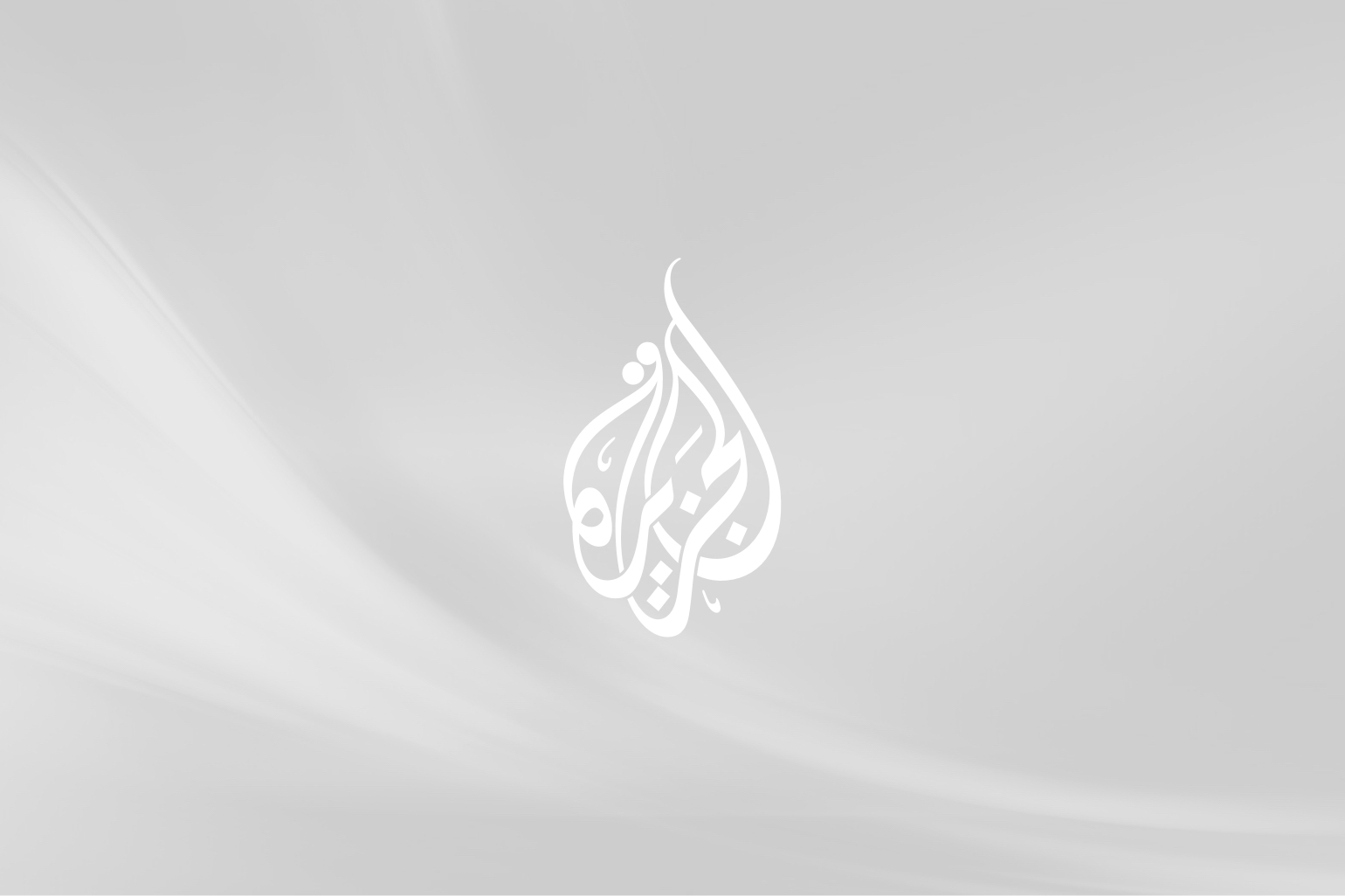 |
|
Hundreds have been killed in the fighting |
Israeli commandos in helicopters raid an Iranian-funded hospital in Baalbek. Israel claims to capture five mid-level Hezbollah members in the attack; Hezbollah claims that only civilians are killed.
Ehud Olmert says fighting will continue until an international force arrives in south Lebanon to disarm Hezbollah.
Several thousand Israeli troops are now believed to be in south Lebanon.
August 1
Israeli forces moved into Lebanon in an expansion of their offensive, meeting fierce resistance from Hezbollah.
Ehud Olmert, the Israeli prime minister, signals that a ceasefire may be on the horizon.
 |
|
Israeli strategy shifts from air strikes to ground invasion |
The Israeli army says three Israeli soldiers have been killed in the fighting.
Hezbollah launches multiple rockets at Matzuva in northern Israel, and the Israeli military says five of its soldiers have been wounded in cross-border fire.
EU foreign ministers call for an immediate end to hostilities, watering down demands for an immediate ceasefire at the insistence of Britain and other close US allies.
Israel‘s justice minister says about 300 of an estimated 2,000 Hezbollah fighters have been killed so far, while the tourism minister puts the number at 400. Hezbollah denies the claims.
July 31
Israel suspends its air attacks on southern Lebanon for 48 hours after meetings between Condoleezza Rice, the US secretary of state, and Ehud Olmert, the Israeli prime minister.
Rice says she believes that a ceasefire could be forged within the week.
But Israel‘s security cabinet gives the army the green light to widen a ground offensive against Hezbollah fighters.
Thousands of Lebanese reach across the sectarian and religious divide to help hundreds of thousands of mostly Shia refugees fleeing Israel’s bombardment in the south of the country.
July 30
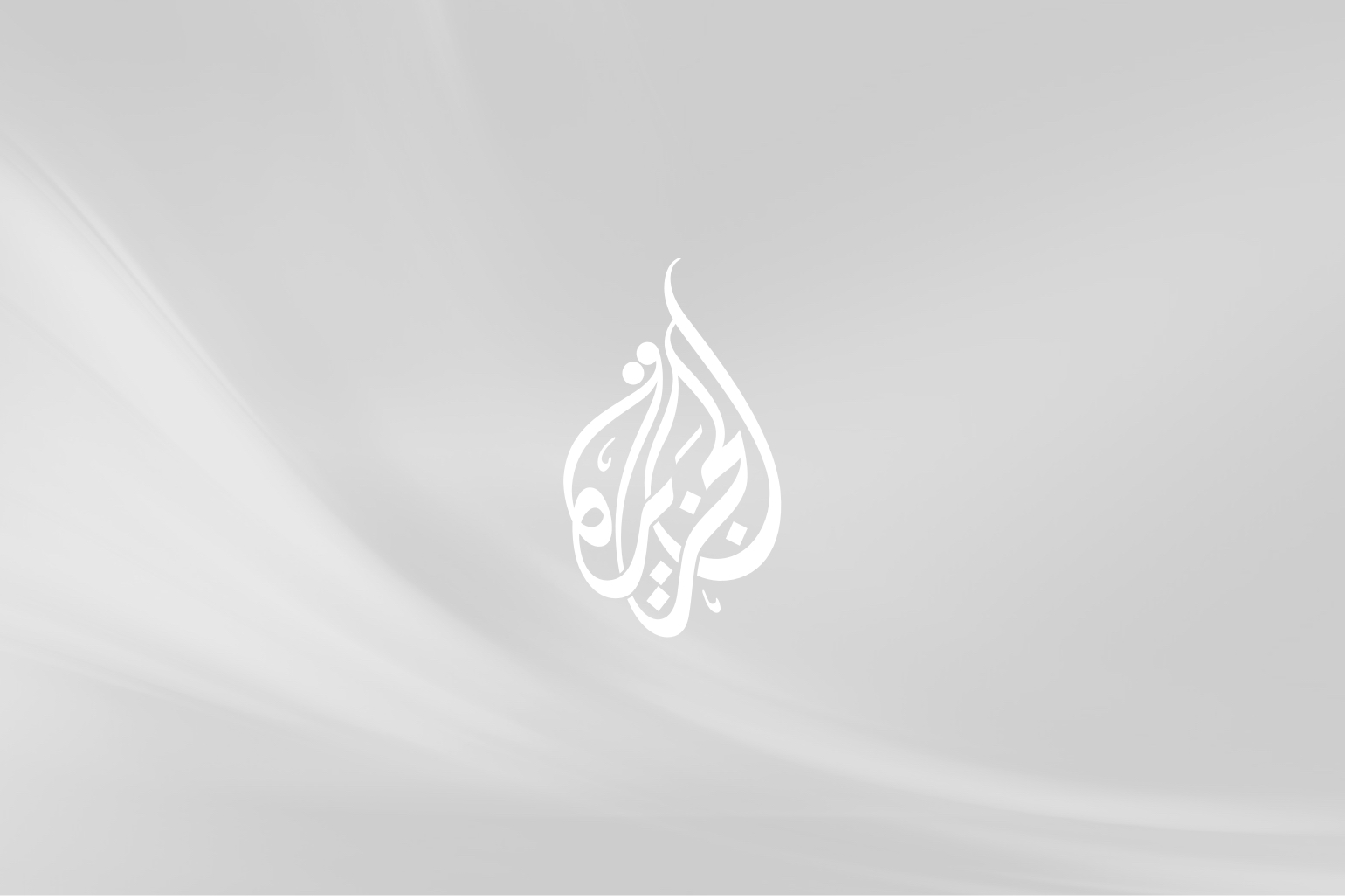 |
|
Protesters attacked the UN office |
An Israeli air raid on a south Lebanon village, Qana, kills more than 60 Lebanese civilians, most of them children who were sleeping.
Thousands of protesters storm the UN building in Beirut after the attack and the United Nations, along with Western and Arab leaders, condemn the bombing raid.
Lebanon cancels the visit by Condoleezza Rice.
July 29
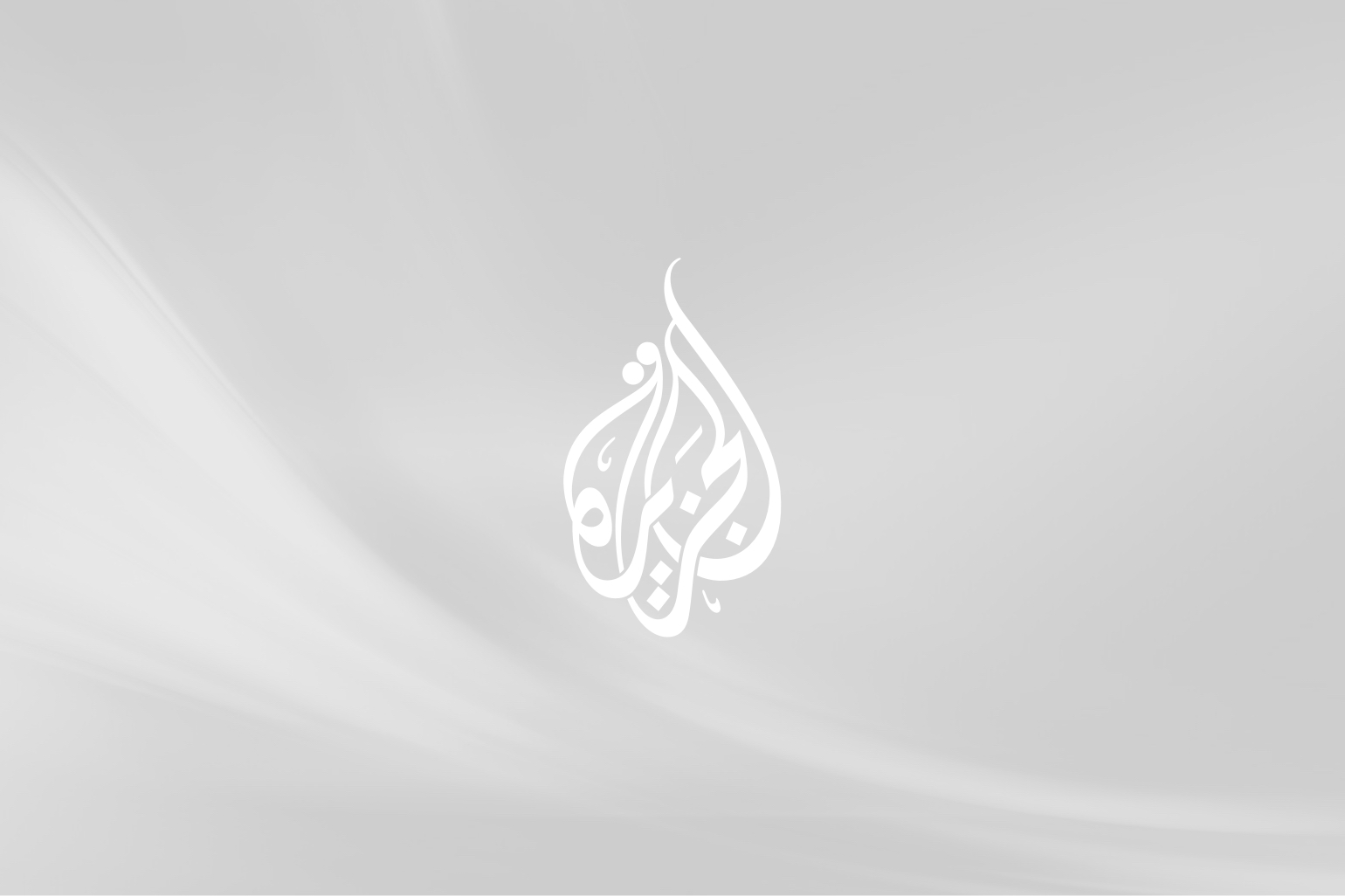 |
|
Israeli soldiers move deeper into Lebanon |
Fouad Siniora, the Lebanese prime minister, says that if Israel wants secure borders it must withdraw from the disputed Shebaa Farms area that it has occupied since 1967.
Hassan Nasrallah, Hezbollah’s leader, vows to hit Israel with more rockets and says that Condoleezza Rice’s visit to the region is aimed to “impose conditions that serve Israel”.
July 28
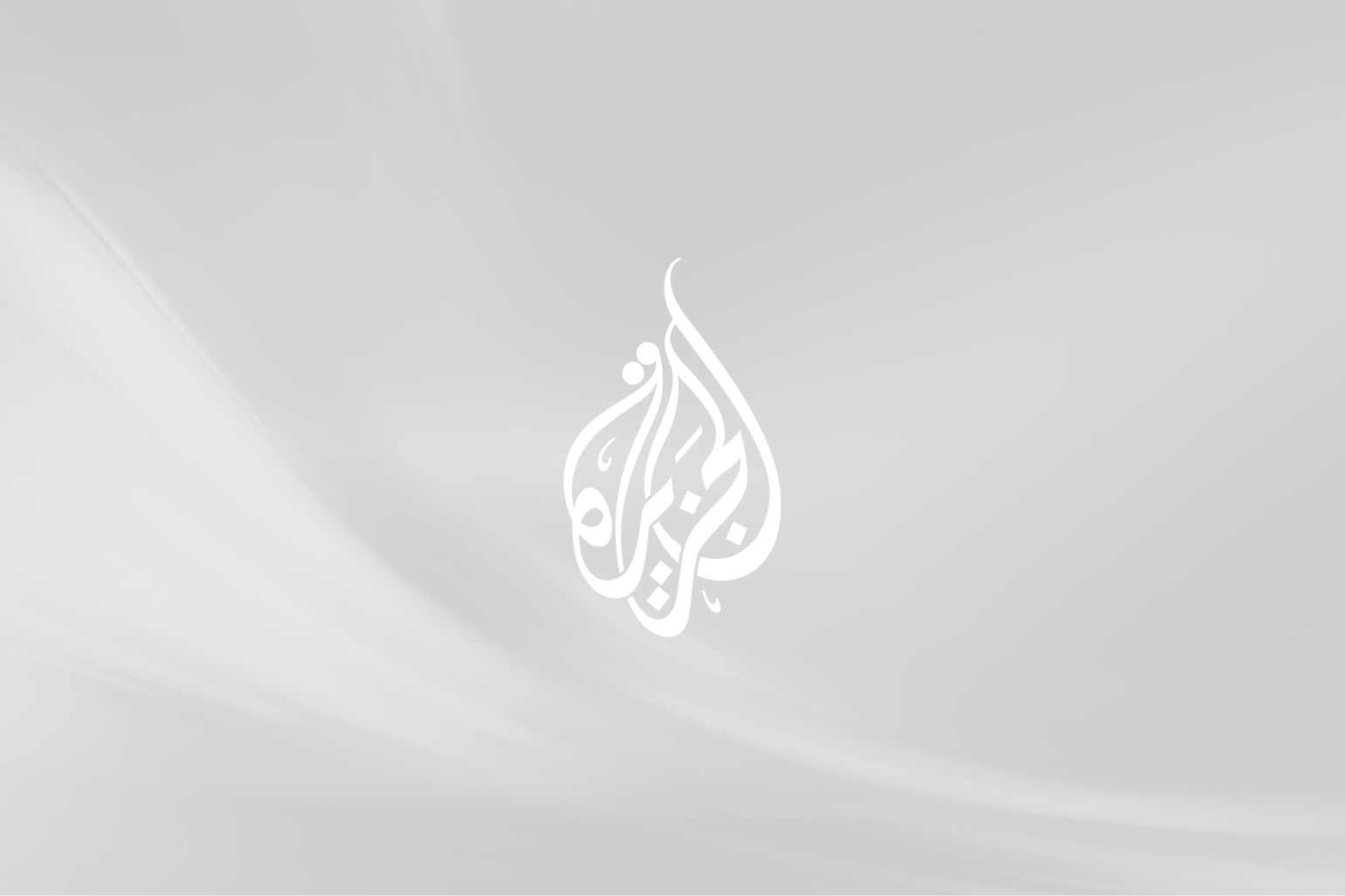 |
|
Bush and Blair agree to send a UN force to Lebanon |
George Bush, the US president, and Tony Blair, the British prime minister, agree to send a UN multinational force to support the Lebanese government.
The Israeli government says it is ready to call up 30,000 reservists to support its offensive in Lebanon but says it will not expand its campaign for now.
Nabih Berri, speaker of Lebanon’s parliament and a leading Shia politician, says his Shia Amal movement and Hezbollah would join forces against Israel’s offensive in Lebanon.
- Bush, Blair back UN force for Lebanon
- Israel ready to call up reservists
- Speaker of Lebanon’s parliament backs Hezbollah
July 27
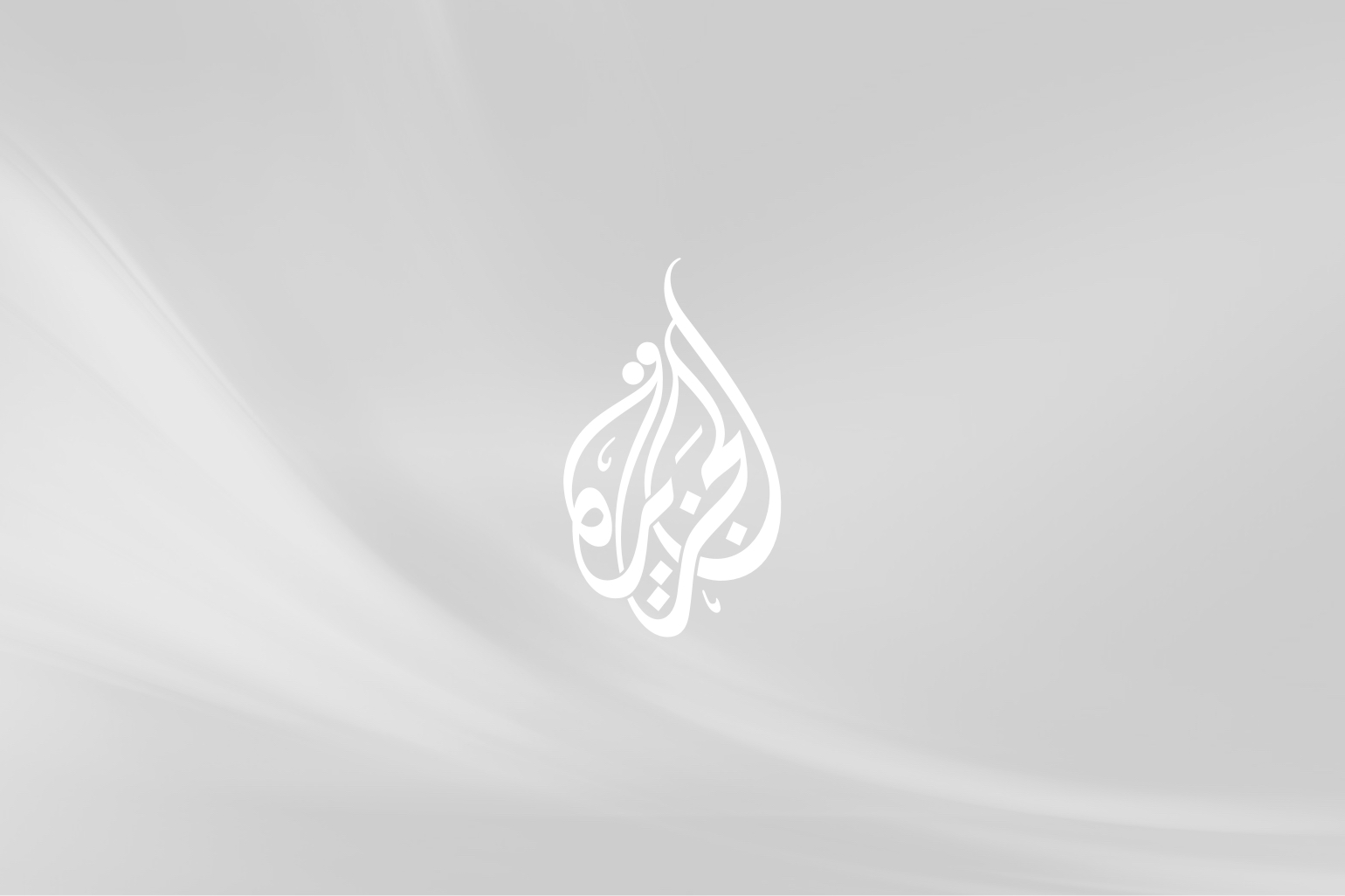 |
|
Israeli warplanes have continued to strike targets across Lebanon |
Israel says it has been implicitly “authorised” to continue its attacks in Lebanon by the failure of Wednesday’s international summit in Rome to call for a ceasefire.
An Israeli security cabinet meeting agreed to continue air strikes whilst maintaining a limited ground offensive, political sources said.
Israeli warplanes hit Hezbollah targets in southern Lebanon, killing at least seven people, reports said. At least 40 Hezbollah rockets also hit several towns in northern Israel, including Kiryat Shimona.
July 26
 |
|
Hezbollah fighters parade in Beirut before the present conflict |
Israel is accused of ignoring repeated warnings that it was shelling close to United Nations observers in southern Lebanon before an Israeli bomb killed four of them.
A 15-nation summit in Rome failed to reach agreement on calling for an immediate ceasefire in Lebanon.
Israeli and Hezbollah forces continue battling for control of the town of Bint Jbeil in southern Lebanon.
- Israel ‘ignored UN bomb warnings’
- Lebanon summit fails to agree truce call
- Battle rages for Lebanese town
July 25
Four soldiers from the United Nations Interim Force in Lebanon in south Lebanon are killed by an Israeli strike in south Lebanon.
Israel says it plans to enforce a “security zone” in southern Lebanon until an international force can be sent to take over.
Israeli troops enter the border town of Bint Jbeil, a Hezbollah military stronghold, for the first time.
Mahmoud Komati, the deputy chief of the Hezbollah politburo, says he does not expect Israel to react so strongly to the group’s capture of two Israeli soldiers.
Human Rights Watch accuses Israel of using artillery-fired cluster grenades against a Lebanese village.
- Israel used cluster grenades on civilians
- Israel ‘to control Lebanon security zone’
- Israeli strike kills four UN soldiers
- Israel enters Hezbollah stronghold
- Hezbollah: Israeli response unexpected
July 24
Condoleezza Rice makes a visit to Beirut on the way to Israel, blames Hezbollah for the war and says a ceasefire would be possible only if two captured Israeli soldiers are freed.
Jan Egeland, the UN humanitarian chief, accuses Hezbollah of “cowardly blending” among Lebanese civilians.
Israeli troops battle their way to a key Hezbollah stronghold in south Lebanon and capture two fighters.
- Israel pushes deeper into Lebanon
- Rice sets tough terms for truce
- Hezbollah blamed for civilian deaths
July 23
Israeli air strikes kill at least 12 civilians, including a Lebanese press photographer near the southern city of Tyre.
The Israeli army said that it had taken control of the Lebanese border village of Maroun Al-Ras and had captured two Hezbollah members there.
Hezbollah missiles land on Haifa killing two civilians and wounding several others. More than 2,200 rockets have hit Israel so far, says Amir Peretz, Israel’s defence minister.
Jan Egeland describes Israeli bombing of build-up areas as “a violation of humanitarian law” as he toured bombed areas of south Beirut.
Condoleezza Rice travels to the Middle East.
- Israel captures two Hezbollah men
- Israeli troops praise Hezbollah tactics
- Israel would accept EU force in Lebanon
July 22
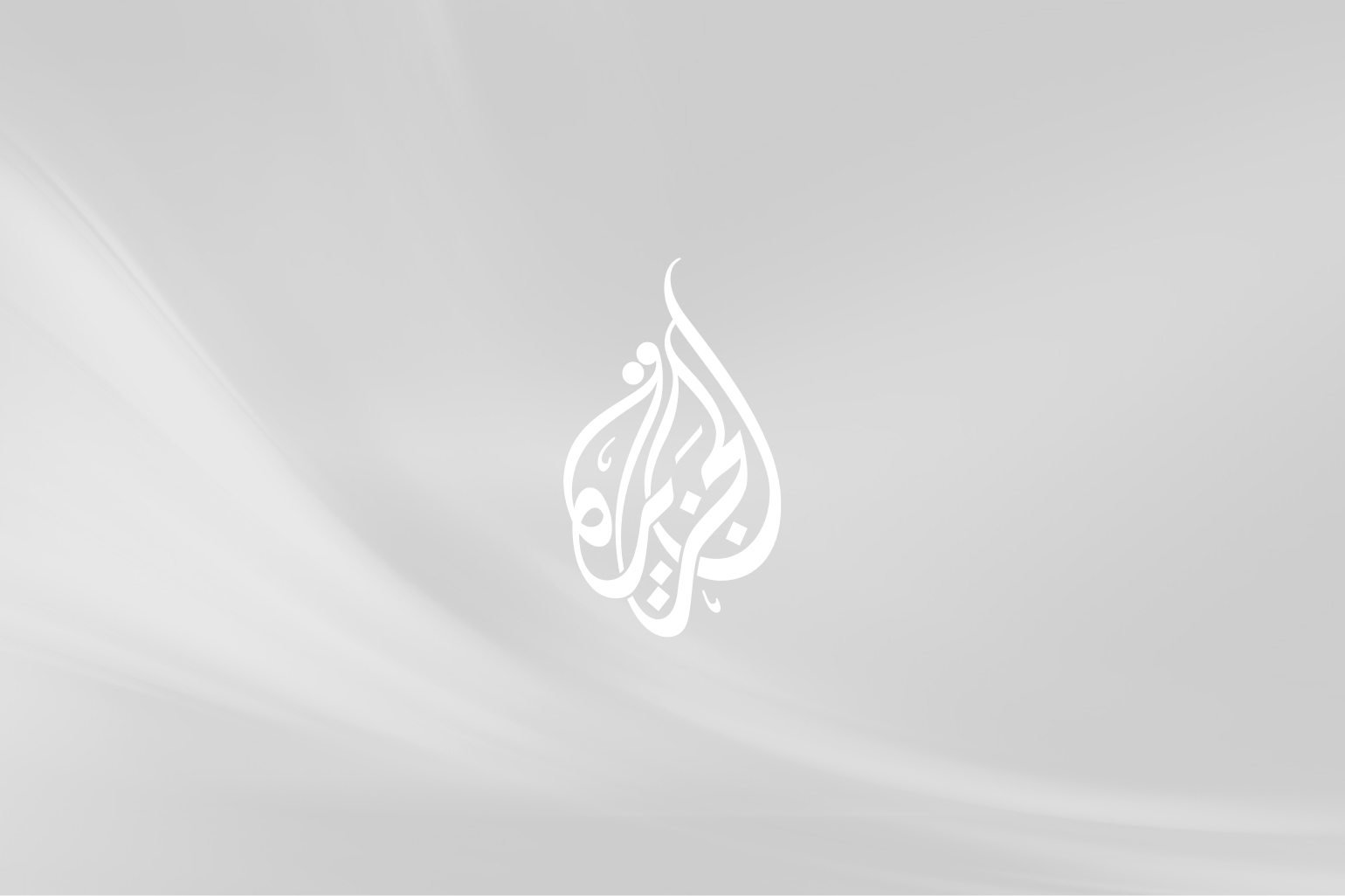 |
|
Israel confirms heavy fighting inside Lebanon |
Israeli ground troops move into the village of Maroun al-Ras in south Lebanon and take control. The Israeli army insists that incursions will be limited in scope despite the recall of thousands of reserve troops.
Israel continues its offensive by hitting communications targets in Lebanon, including a relay station used by several Lebanese television stations.
Hezbollah fires at least 50 rockets hitting several cities and villages in northern Israel.
Washington rushes a delivery of precision-guided bombs to Israel, according to The New York Times.
Condoleezza Rice describes the plight of Lebanon as part of the “birth pangs of a new Middle East” and says that Israel should ignore calls for a ceasefire.
July 21
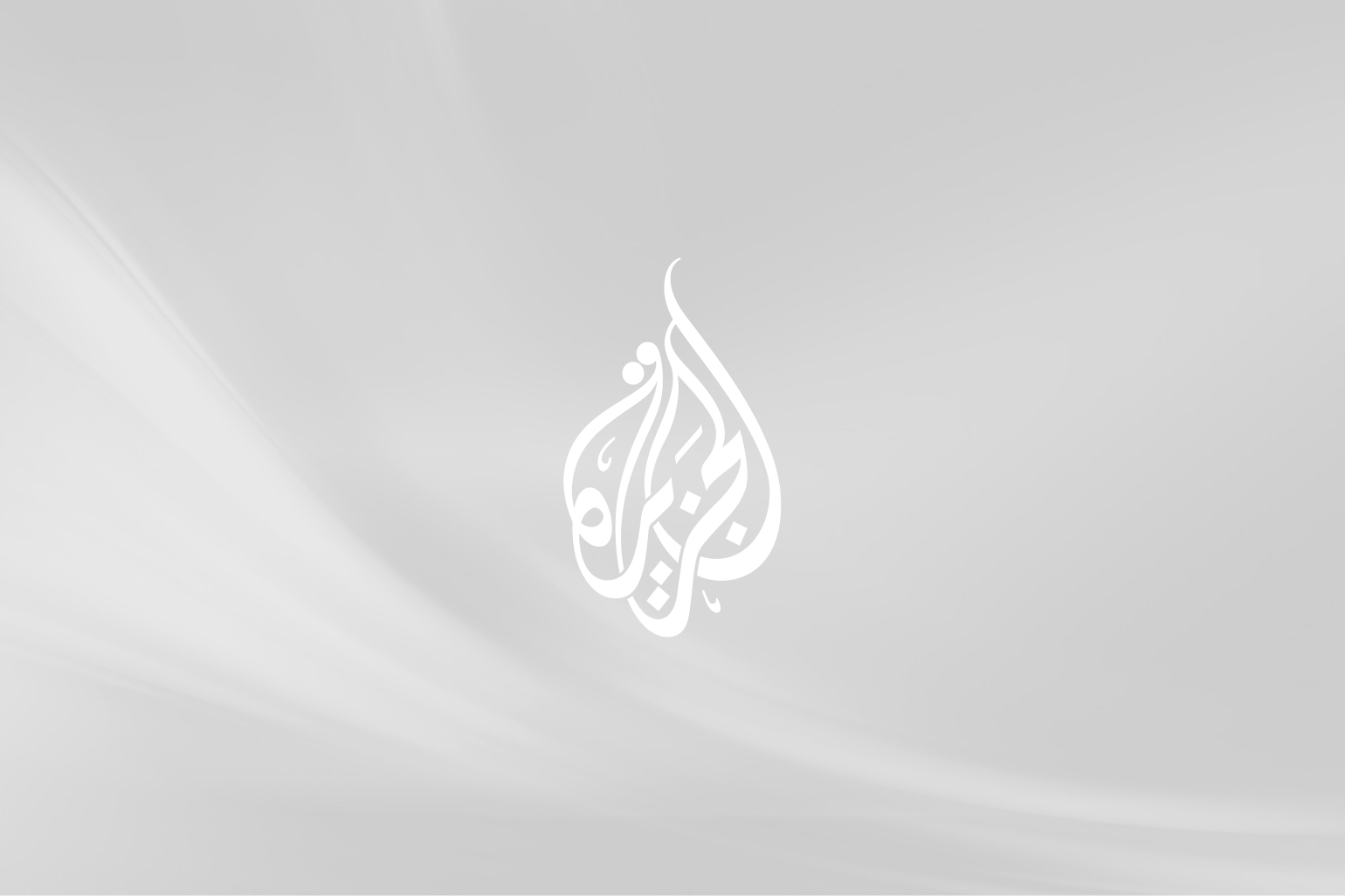 |
|
Hezbollah are proving stronger than Israel anticipated |
Israel calls up several reserve army battalions and drops leaflets over southern Lebanese villages warning civilians to leave the area.
More than 100,000 civilians have already left their homes in south Lebanon.
Brigadier-General Alon Friedman, who is in charge of Israeli army operations in the north, said: “It’s possible that in the coming days our ground operations will increase.”
Hezbollah launch fewer rockets than on any day since the conflict began. Only 40 rockets reach Israel.
The Israeli air force continues to hit targets around Lebanon. More than 300 Lebanese civilians have now been killed in the raids.
July 20
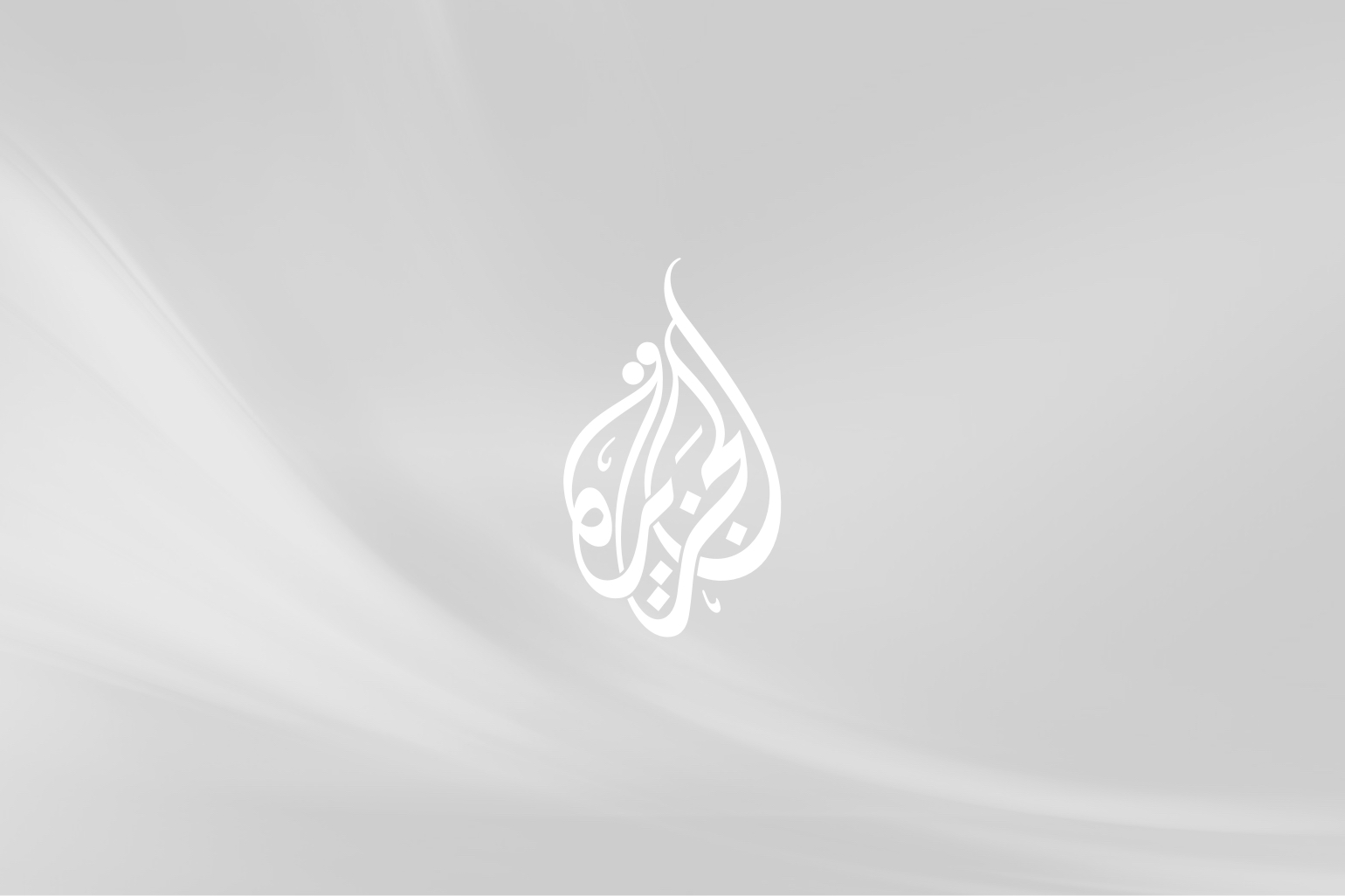 |
|
Lebanon’s civilians have borne the brunt of Israeli air strikes |
Israeli army units enter southern Lebanon to attack Hezbollah positions near the border. Four Israeli soldiers are killed.
An Israeli airman dies when two Apache attack helicopters collide near the northern border.
Israeli air attacks on southern Lebanese towns and Baalbek kill 45 Lebanese civilians.
Hezbollah fires more than 120 rockets at Israel. Two Arab children are killed in the Israeli-Arab town of Nazareth.
- Israeli-Arab children killed in attack
- Israel: Dissenting voices for peace
- Lebanon ‘torn to shreds’
- Feature: Watching American TV in Beirut
July 19
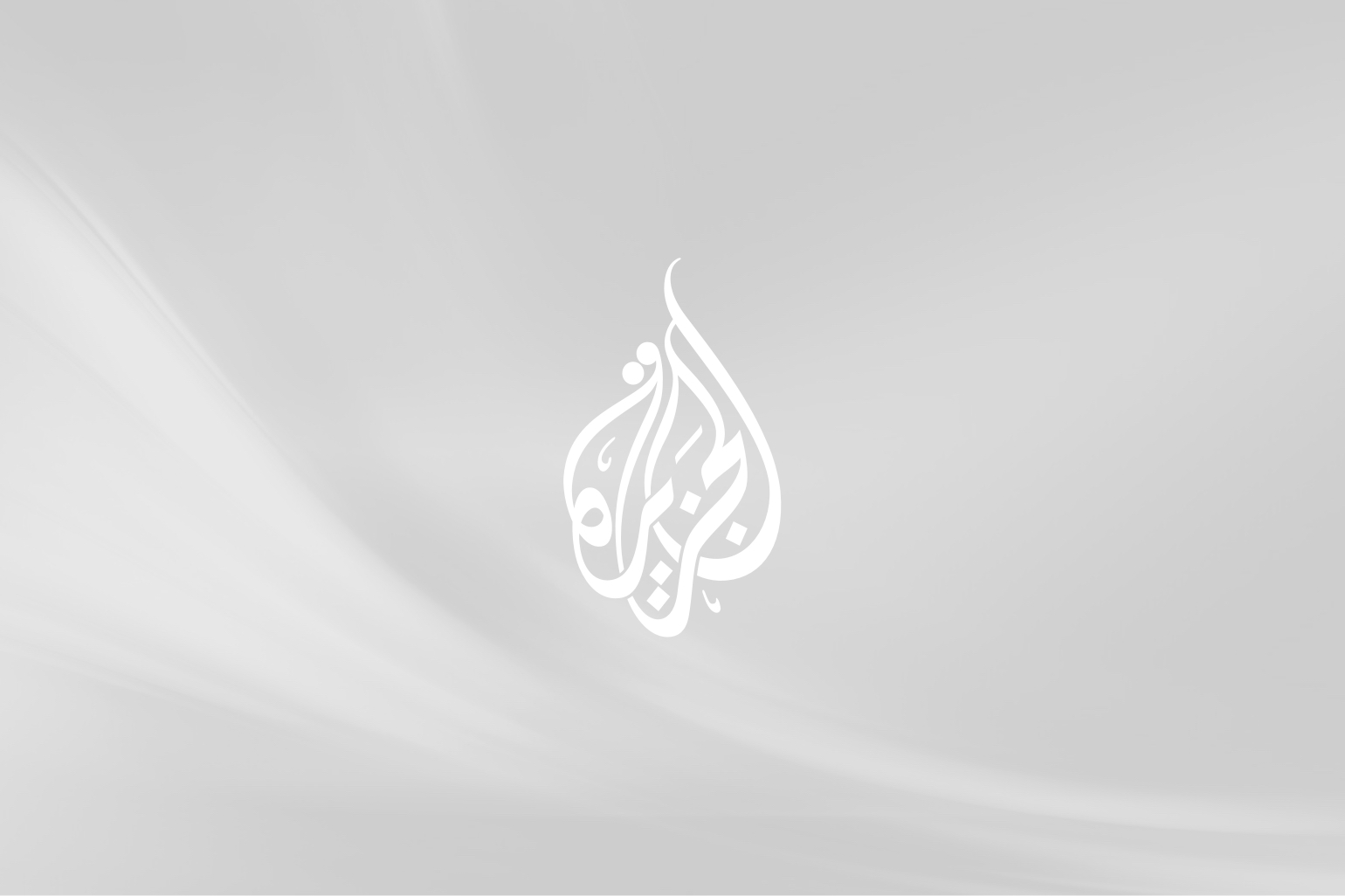 |
|
Hezbollah’s leader, Hassan Nasrallah |
Israel drops 23 tonnes of bombs on a single target in southern Beirut in an attempt to kill Hassan Nasrallah.
More than 70 Lebanese civilians are killed as Israel continues its bombing campaign against Lebanese infrastructure and Hezbollah positions.
Israeli commando units enter Lebanon at several points along the border.
They discover several underground Hezbollah bunker complexes and engage in firefights with Hezbollah members. Two Israeli soldiers are killed.
Hezbollah fire more than 100 missiles into Israel. One Israeli is killed in the town of Nahariya.
An Israeli F-16 fighter aircraft crashes while taking off from its base in southern Israel. The pilot escapes unharmed.
July 18
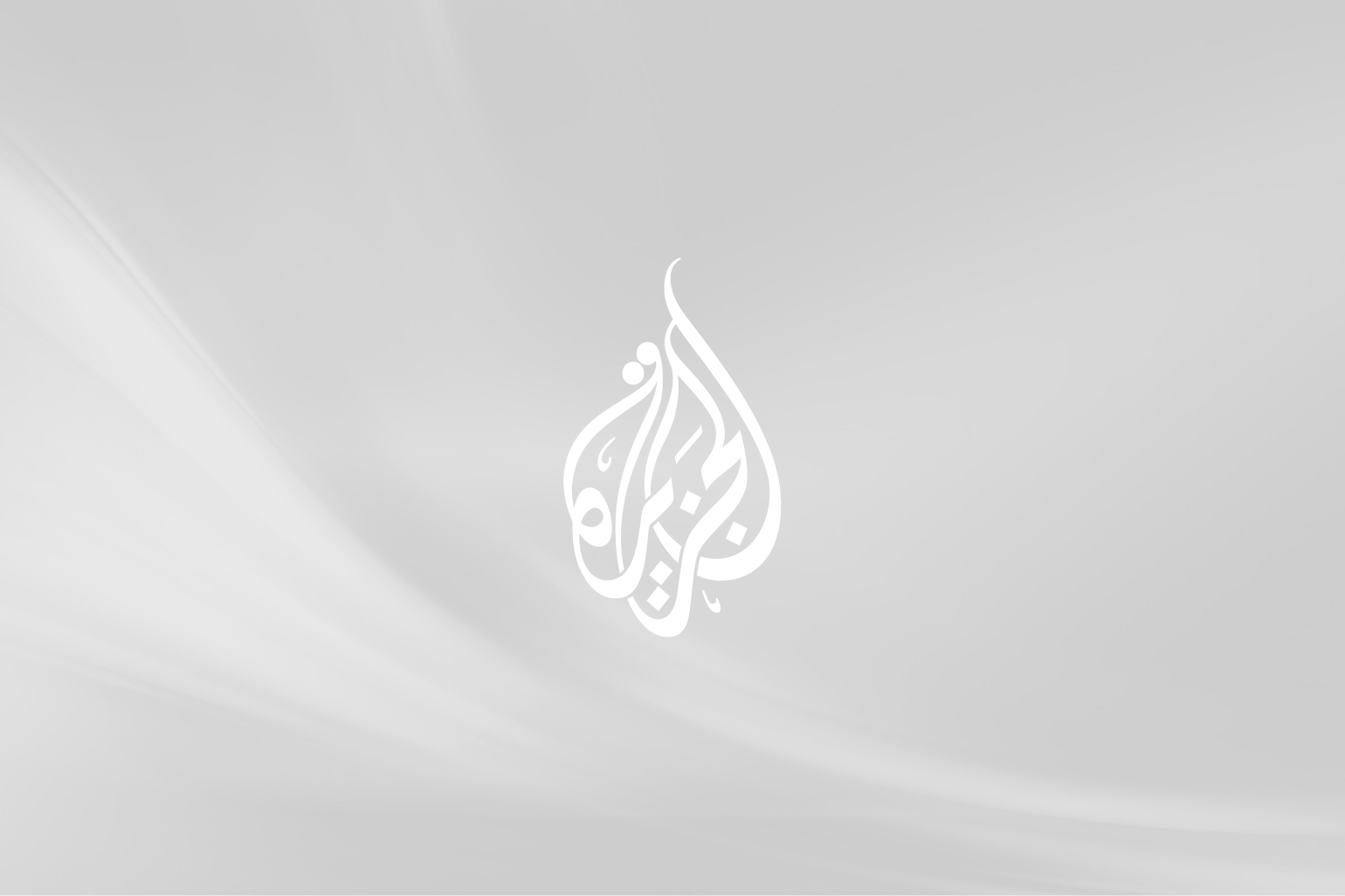 |
|
Emile Lahoud, the Lebanese president, inspects a bomb site |
Israel continues its air strikes across Lebanon. The attacks kill 11 Lebanese soldiers in their army barracks east of Beirut.
Hezbollah rockets again strike Haifa, wounding several Israelis.
Saudi Arabia says it will support the deployment of an international military force to stabilise Lebanon.
More than 200 Lebanese have now been killed in the Israeli offensive.
- UN seeks international force for Lebanon
- Thousands of foreigners flee Lebanon
- US Muslims criticise Bush over Middle East
July 17
 |
|
A Lebanese man frees a pigeon from a ruined house in Beirut |
Israeli strikes on Lebanon continue, killing more than 45 civilians.
Hezbollah fires more rockets into Israel, injuring at least 10 civilians in Haifa and Safed.
Kofi Annan, the UN secretary-general, calls for an international military force to separate the warring sides.
Israeli forces briefly enter parts of Lebanon to attack and destroy Hezbollah posts along the border.
Foreign governments begin evacuating their citizens from Lebanon.
July 16
 |
|
Smoke rises after Hezbollah rockets hit a train station in Haifa |
Hezbollah rockets hit Haifa, Israel’s second city, killing eight civilians and wounding more than 20.
Ehud Olmert, the Israeli prime minister, says the Haifa attack will have “far-reaching consequences”.
Hassan Nasrallah, the leader of Hezbollah, says the battle against Israel is “just at the beginning”. That evening more rockets land in other northern Israeli towns, wounding several more civilians.
Continuing Israeli air attacks kill at least 23 people around Lebanon.
Iran warns Israel that any attack on Syria will incur “unimaginable losses”.
July 15
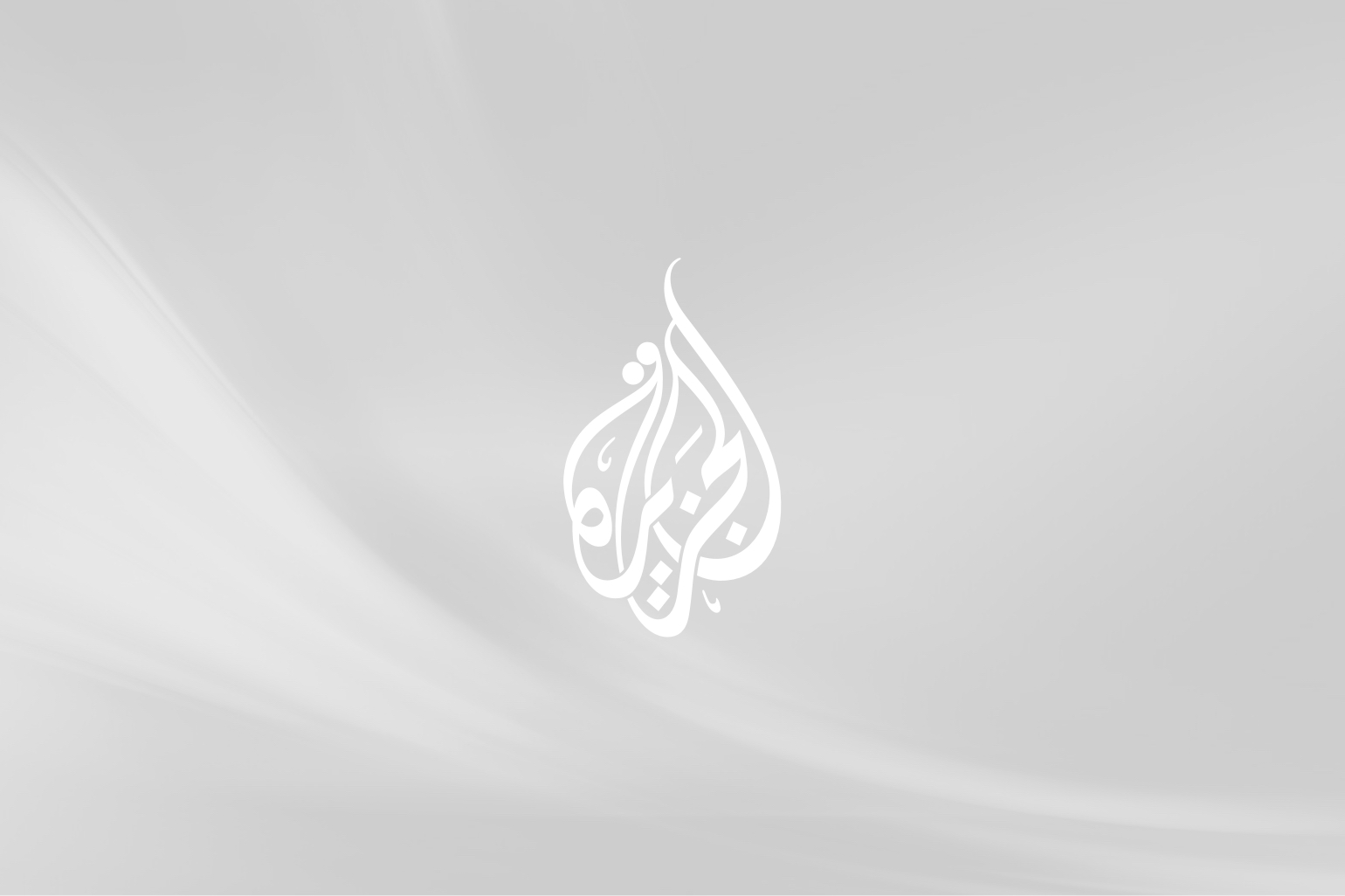 |
|
Lebanese civilians flee air attacks in south Lebanon, 15 July. |
Israeli aircraft destroy Hezbollah’s headquarters in southern Beirut in an attempt to kill Hasan Nasrallah, the group’s leader.
Israel bombs Lebanon’s ports and other sites across Lebanon. The attacks kill at least 35 people.
Eighteen Lebanese civilians die when an Israeli rockets hit their van near the southern city of Saida.
Hassan Nasrallah, the leader of Hezbollah, promises “open war” against Israel.
Hezbollah rockets hit Tiberias, an Israeli city in Galilee. The attacks are the deepest so far.
Foreign government make plans to evacuate their citizens from Lebanon.
- Hezbollah ‘declares war’ on Israel
- Iran denies supplying missile that hit ship
- Arabs rally against Israeli attacks
- Britain send warships to the Middle East
July 14
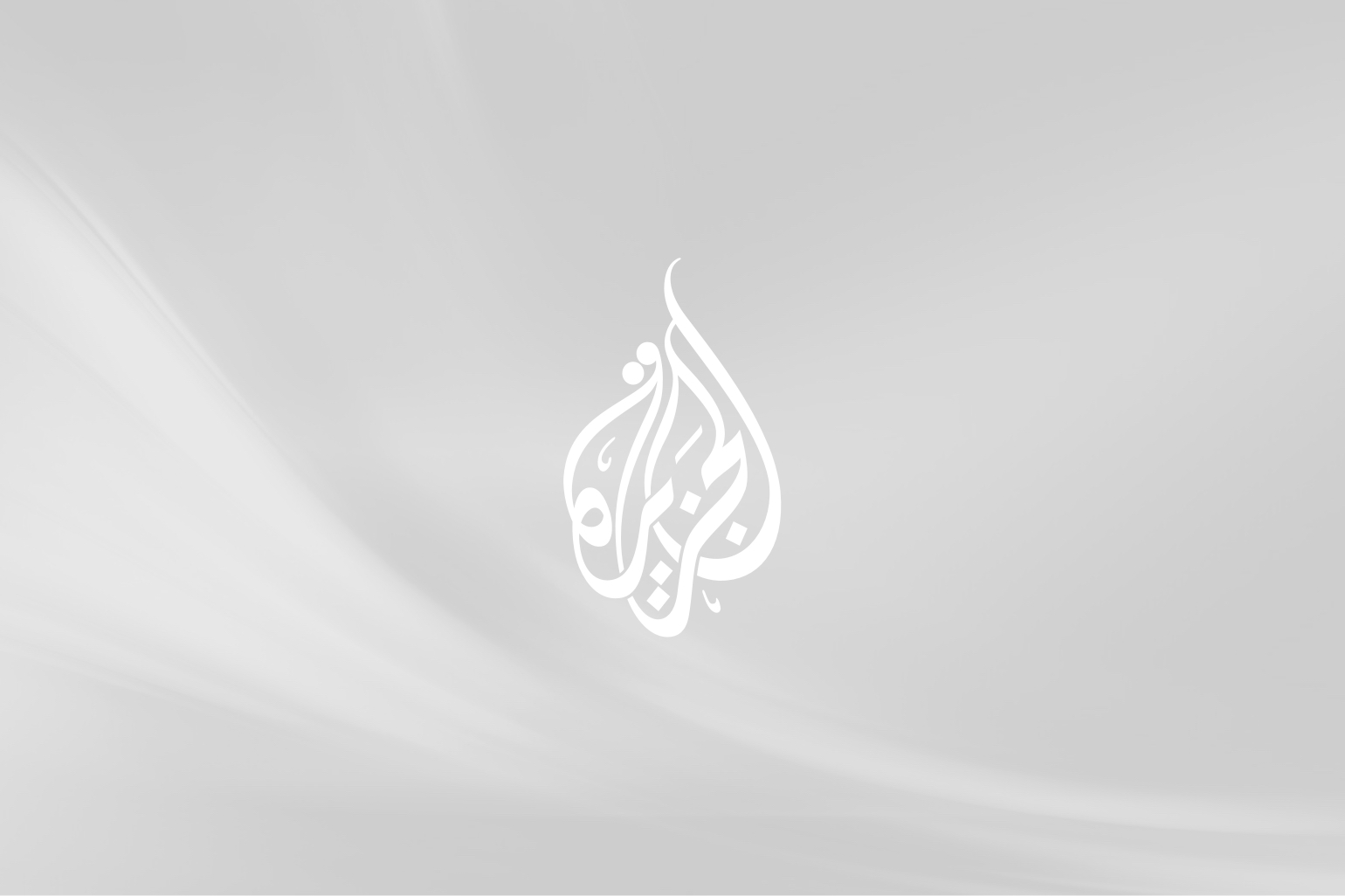 |
|
Israel was shocked when a Hezbollah missile hit a navy ship |
Israel bombs targets across Lebanon including bridges, roads and power stations. Israeli aircraft also hits Hezbollah’s headquarters in Beirut.
Israel also attacks broadcasting facilities belonging to Hezbollah’s Al-Manar television channel.
Hezbollah fires an Iranian-made anti-shipping rocket at an Israeli naval vessel off Beirut. The attack kills four Israeli sailors. Israeli accuses the Lebanese army of assisting Hezbollah.
Ehud Olmert, the Israeli prime minister, say Israel’s operations will end only when rocket attacks on Israeli cities stop, when Israel’s two abducted soldiers are released and when Lebanon implements United Nations Security Council Resolution 1559, which calls for Hezbollah to be disarmed.
- Attacks provoke mixed international reaction
- On the ground in Israel
- Saudi sideswipe at Hezbollah
- Chirac questions Israeli intentions
July 13
 |
|
Firefighters tackle a blaze at Beirut on July 13 |
Israeli jets bomb the runway of Lebanon’s only international airport, the Rafiq Hariri Airport in Beirut, at dawn. The airport is closed and flights are diverted.
Israel announces an air and sea blockade of Lebanon, and says that Hezbollah will not be allowed to return to its former position along the border.
Israeli aircraft attack what it says are Hezbollah targets across southern Lebanon. The raids kill 35 Lebanese civilians.
Hezbollah fires rockets that hit towns in northern Israel, including Nahariya and Safed. Two civilians are killed.
- Scores killed as Israel strikes Lebanon
- Israeli strikes kill 40 in Lebanon
- Anxiety weighs down Beirut
July 12
 |
|
The funeral of Sgt Nimrod Cohen, killed in Lebanon on12 July |
Hezbollah fighters seize two Israeli soldiers in a cross-border raid. Three Israeli soldiers are also killed in the attack.
It says it will release them if Israel frees Palestinian prisoners held in Israeli jails.
“Fulfilling its pledge to liberate the prisoners and detainees, the Islamic Resistance … captured two Israeli soldiers at the border with occupied Palestine,” a Hezbollah statement said.
Ehud Olmert, Israel’s prime minister, said the attack was an “act of war” by Lebanon and said he would make the country pay a “heavy price”.
Later that day, Israel launches a small cross-border raid in the area where the two soldiers were abducted. Hezbollah destroyed one Israeli tank, killing its four-man crew. Another Israeli was killed in an operation to recover the tank.
|
“If the soldiers are not returned, we will turn Lebanon’s clock back 20 years” Lt-Gen Dan Halutz |
“This affair is between Israel and the state of Lebanon,” Major-General Udi Adam, head of Israel’s Northern Command says. “Where to attack? Once it is inside Lebanon, everything is legitimate – not just southern Lebanon, not just the line of Hezbollah posts.”
Lieutenant-General Dan Halutz, Israel’s chief of staff, says: “If the soldiers are not returned, we will turn Lebanon’s clock back 20 years.”
On June 27 Hamas, an armed Palestinian group, had kidnapped an Israeli soldier in a cross-border raid from Gaza. Hamas demanded that Israel release Palestinian prisoners.